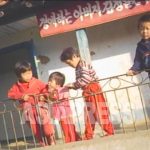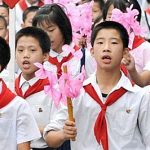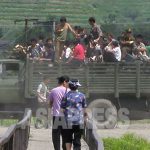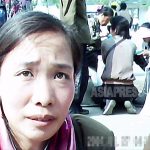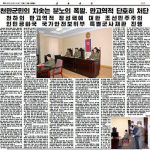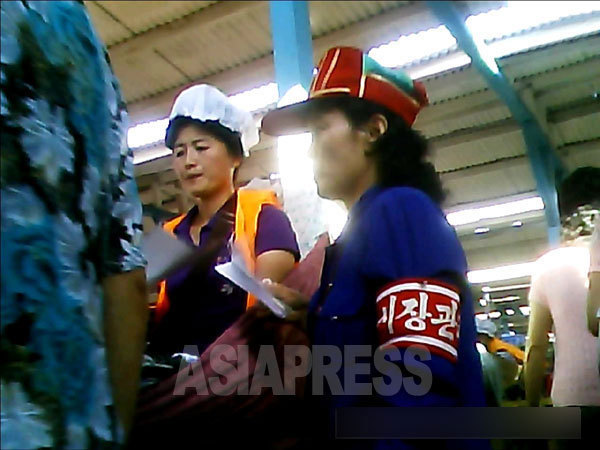
The Kim Jong-un regime’s decision to block the Chinese border to prevent the spread of the coronavirus is having a widespread impact. As inflation has risen and hoarding ensued, the authorities have begun monitoring and even intervening at markets to regulate the price of rice. Fears of a goods shortage are also spreading in Pyongyang. (Kang Ji-won)
In response to the rising prices of not only Chinese products but also rice due to the prolonged border blockade, a reporting partner in Hyesan, Ryanggang Province, gave the following comments on February 3.
“Traders are raising prices every day in anticipation of a prolonged border blockade. The price of rice, which stood at about 3.6 RMB per kilogram at the end of last year, has now risen to 4.5 RMB. Eventually, the ‘Anti-Socialist Censorship Group’ was mobilized to begin a crackdown by going around company warehouses (where rice is treated), state warehouses (where rice is brought for ration distributions), and market stalls (where rice is sold). The upper limit for rice prices has been set at 4.5 RMB and, if a vendor is found to be selling it at a higher price, they will have their supply confiscated.” (1 RMB is equal to roughly 0.14 USD)
※ The ‘Anti-Socialist Censorship Group’ is an official agency set up to clamp down on acts or behavior that threaten to “disrupt the socialist order”.
Residents describe the government’s monitoring and regulation of rice prices as a hard-line stance, complaining “It should be up to us whether to sell or not because it’s our property.” Meanwhile, the poor are said to be welcoming the government’s action.
Next page :Prices rise in Pyongyang...

